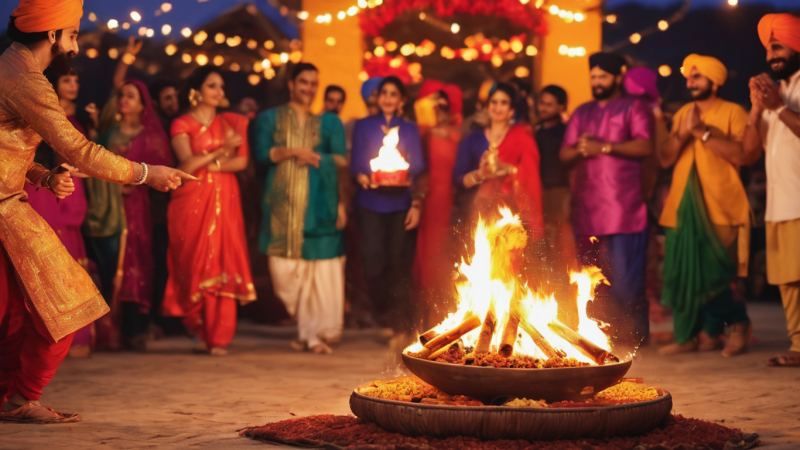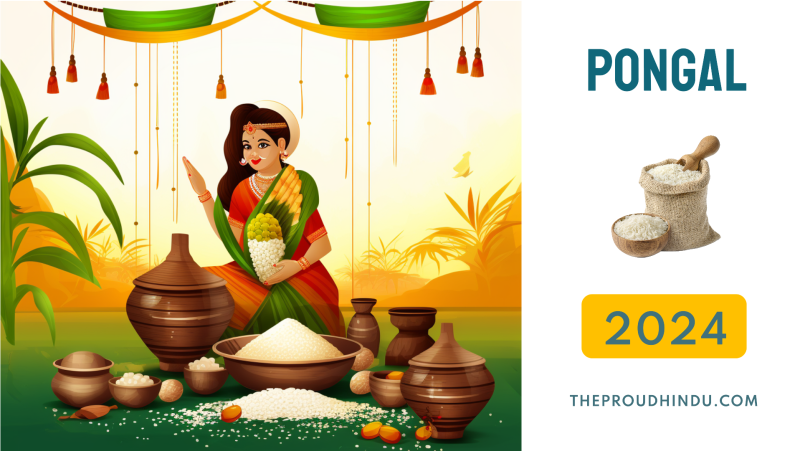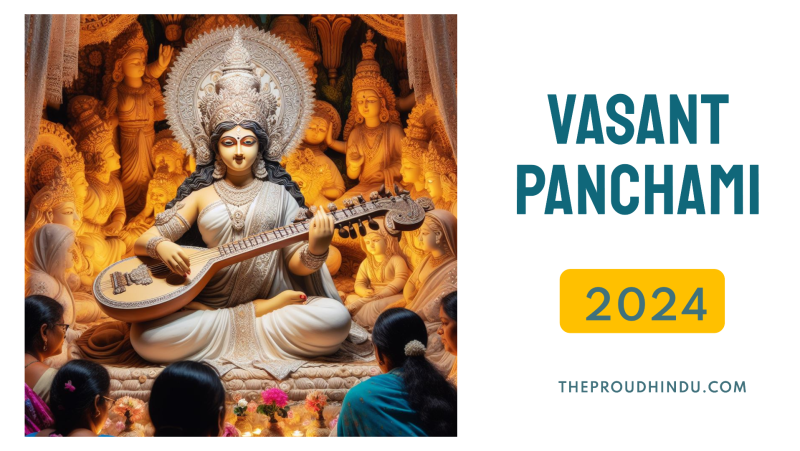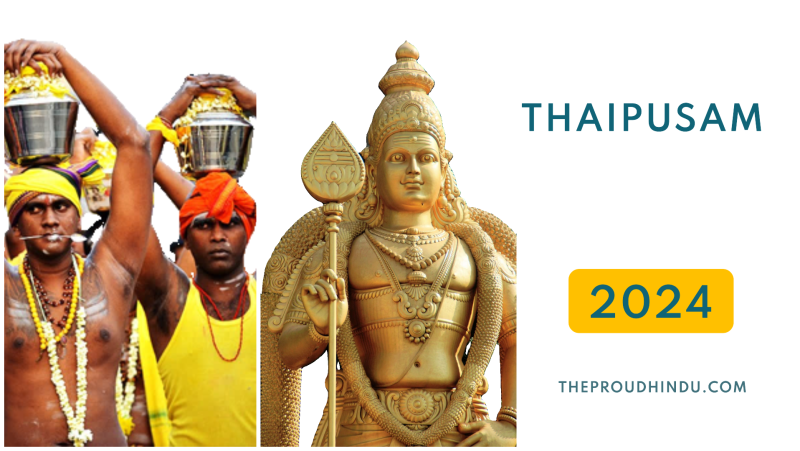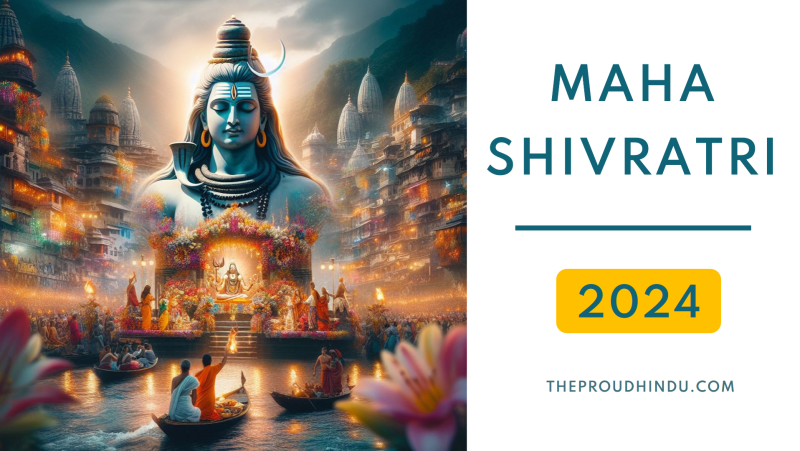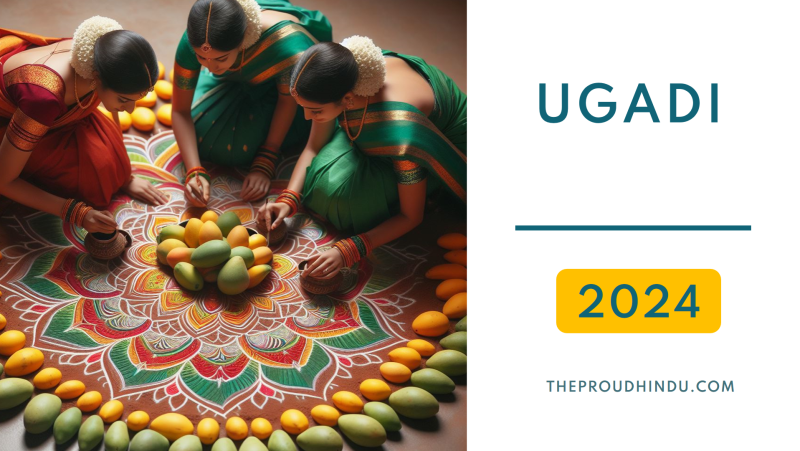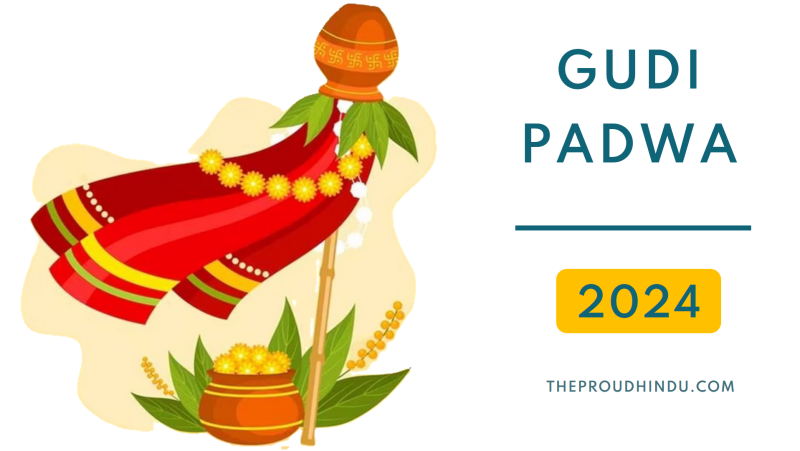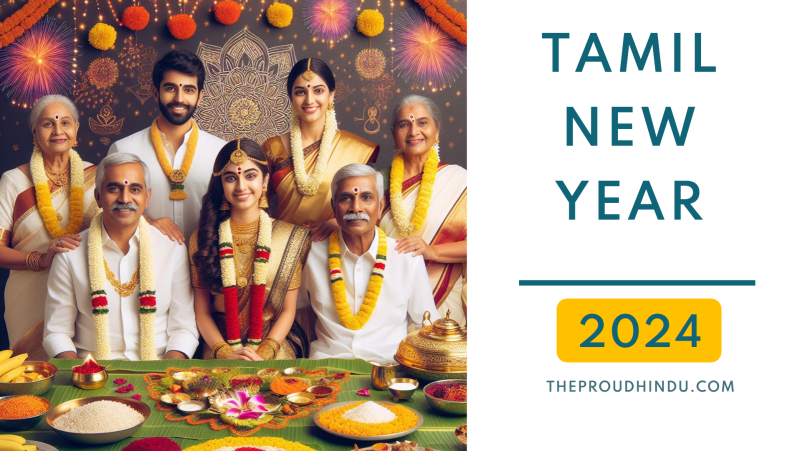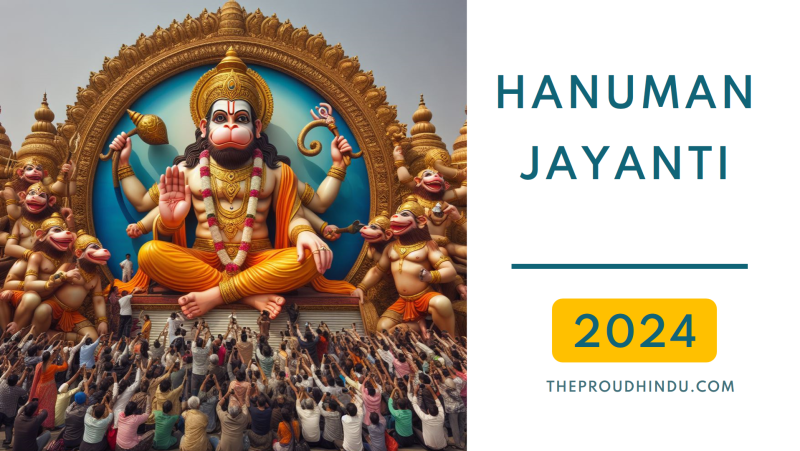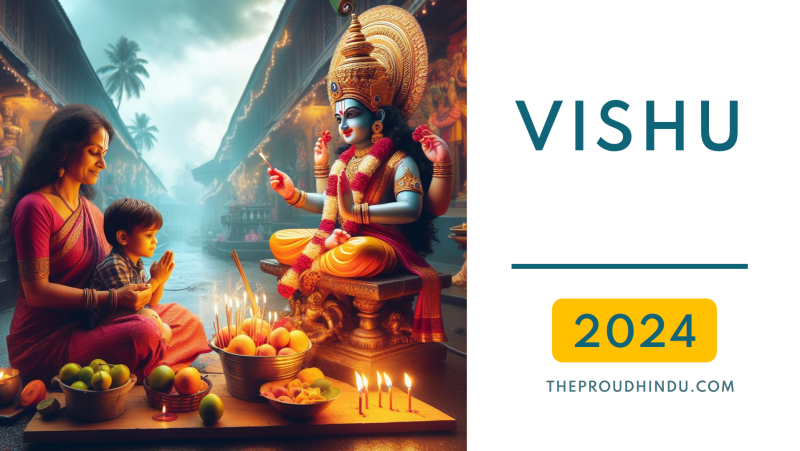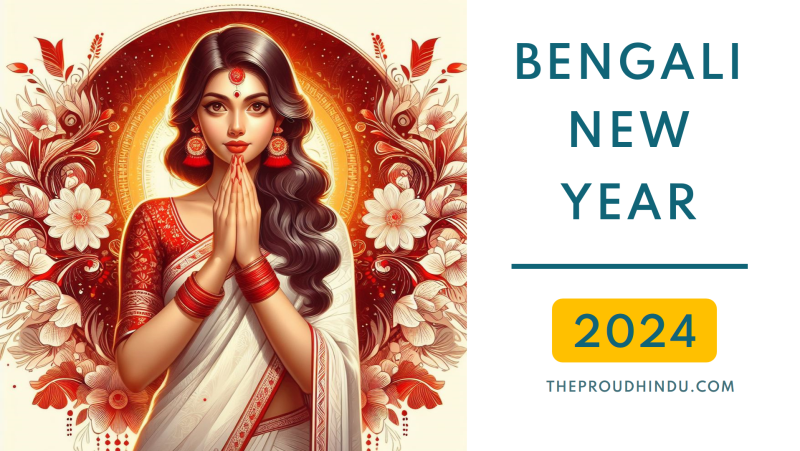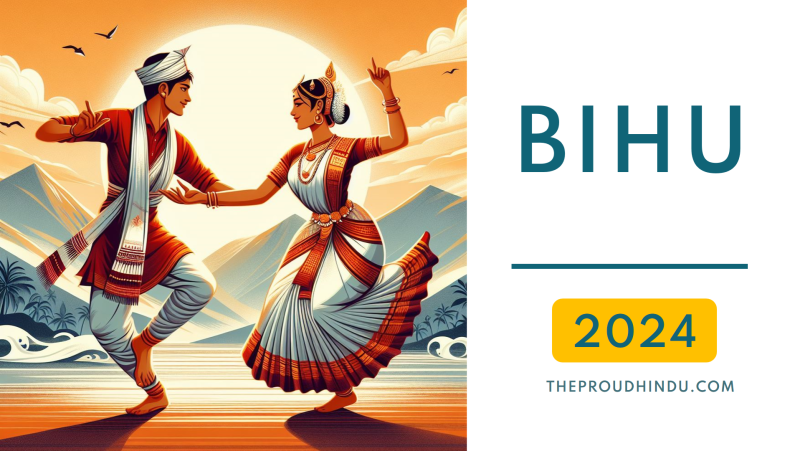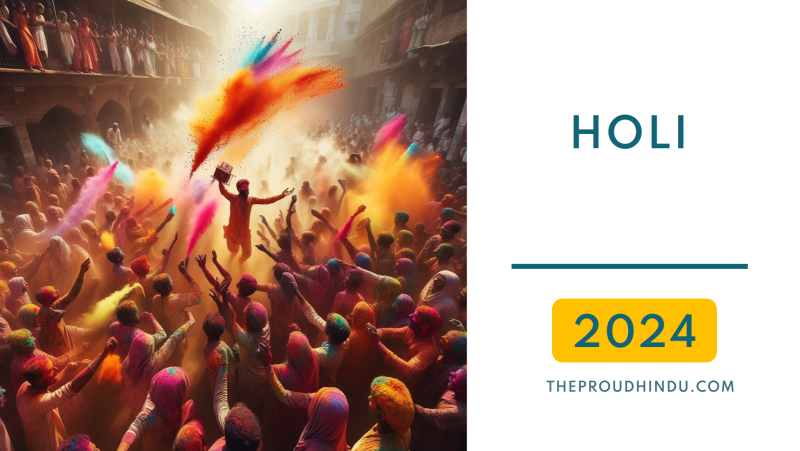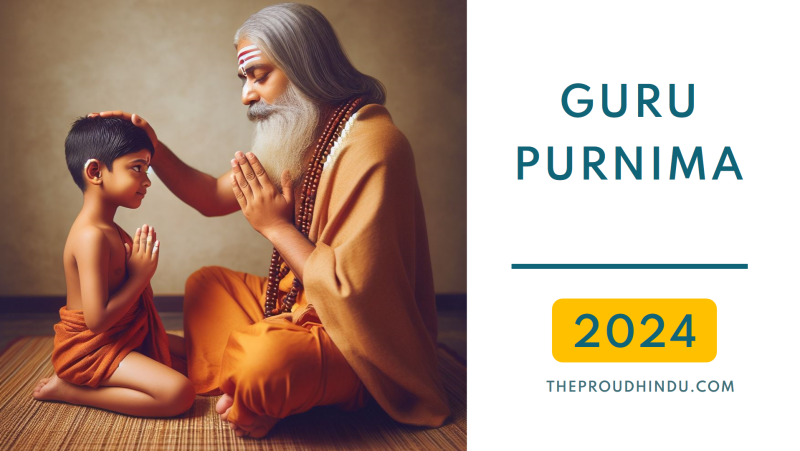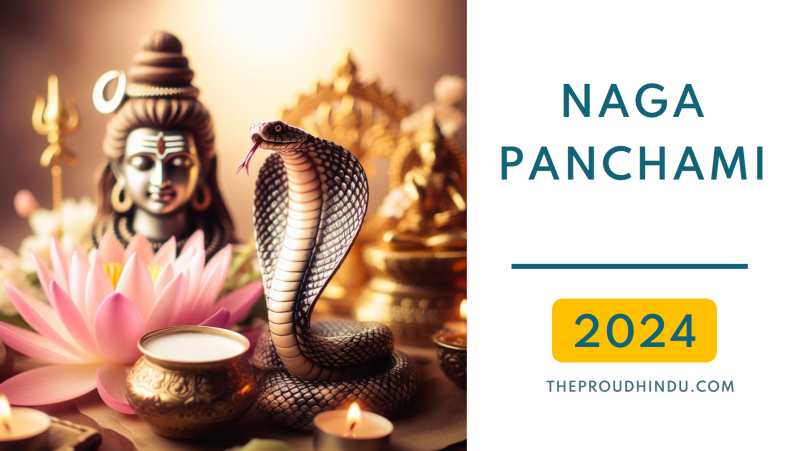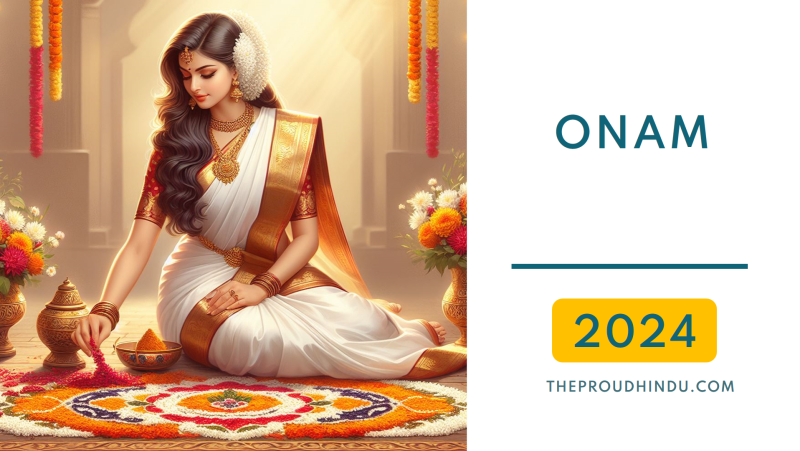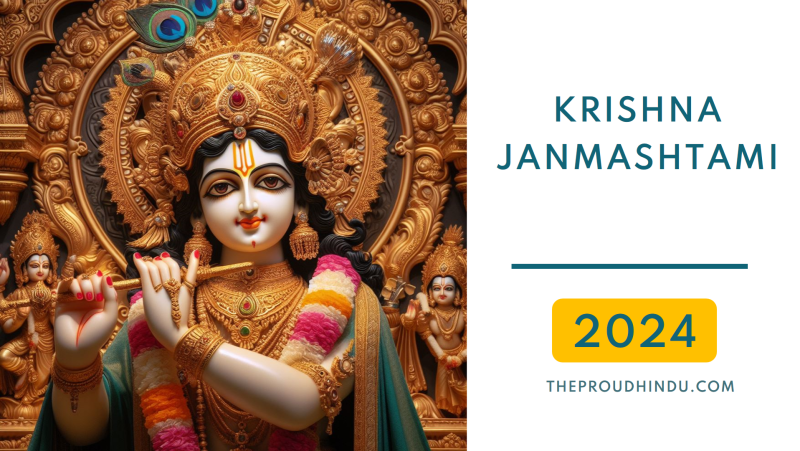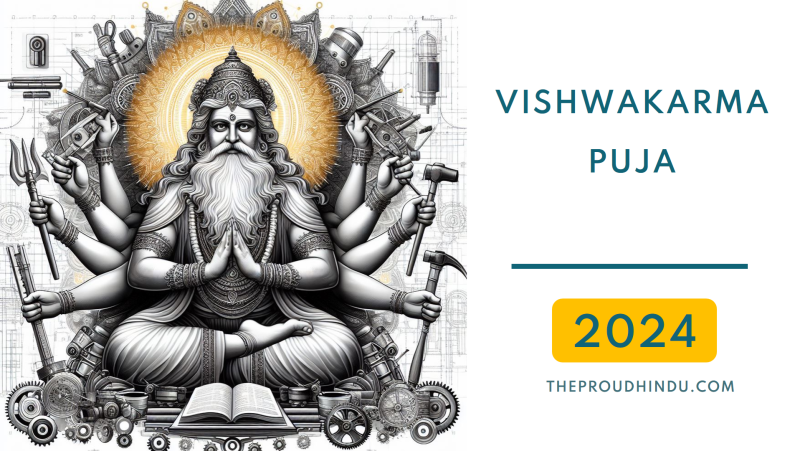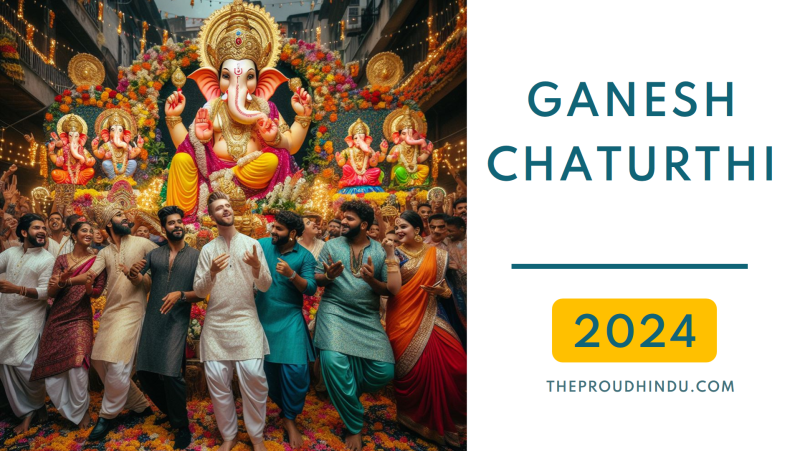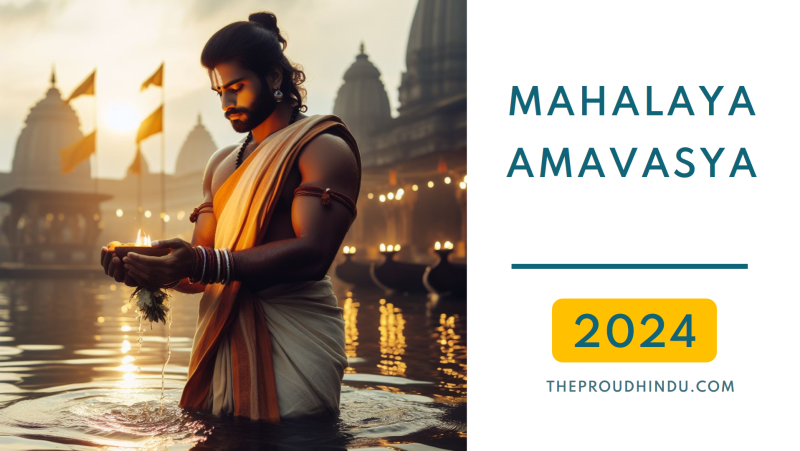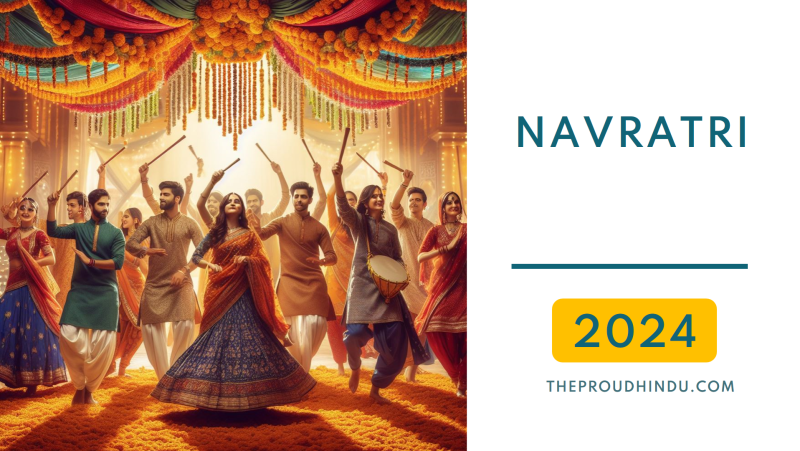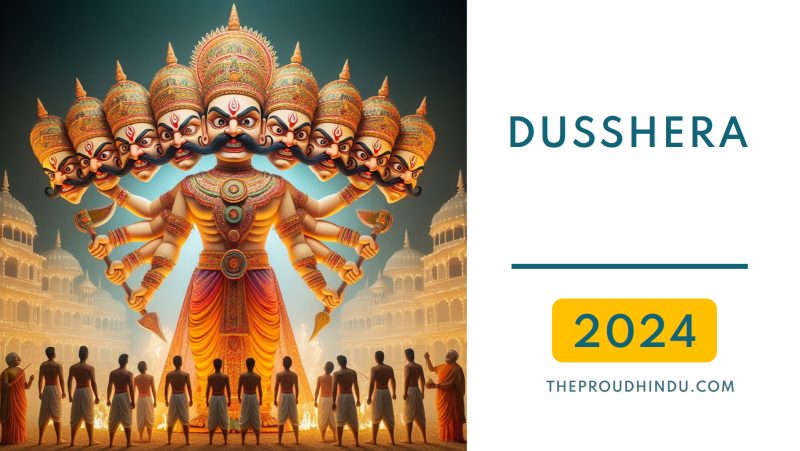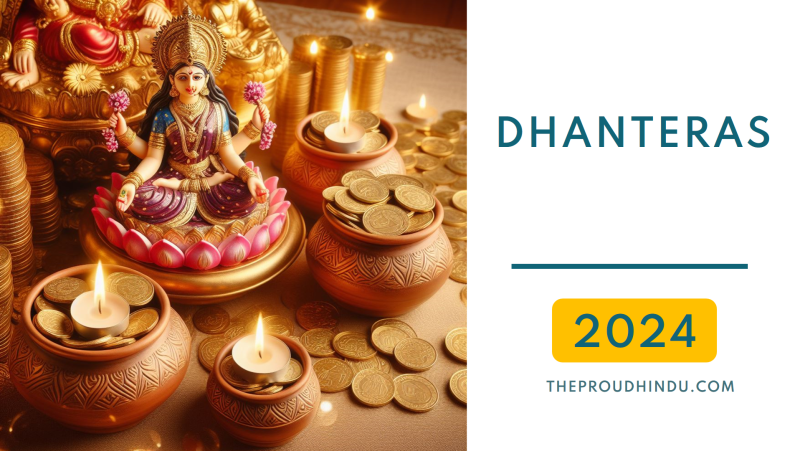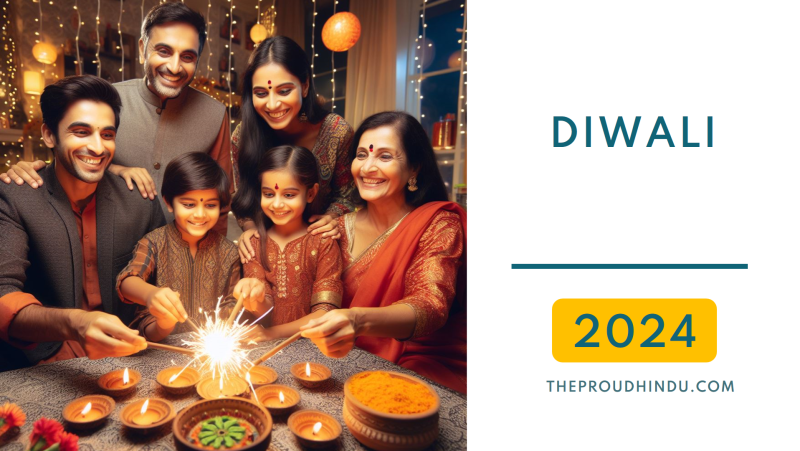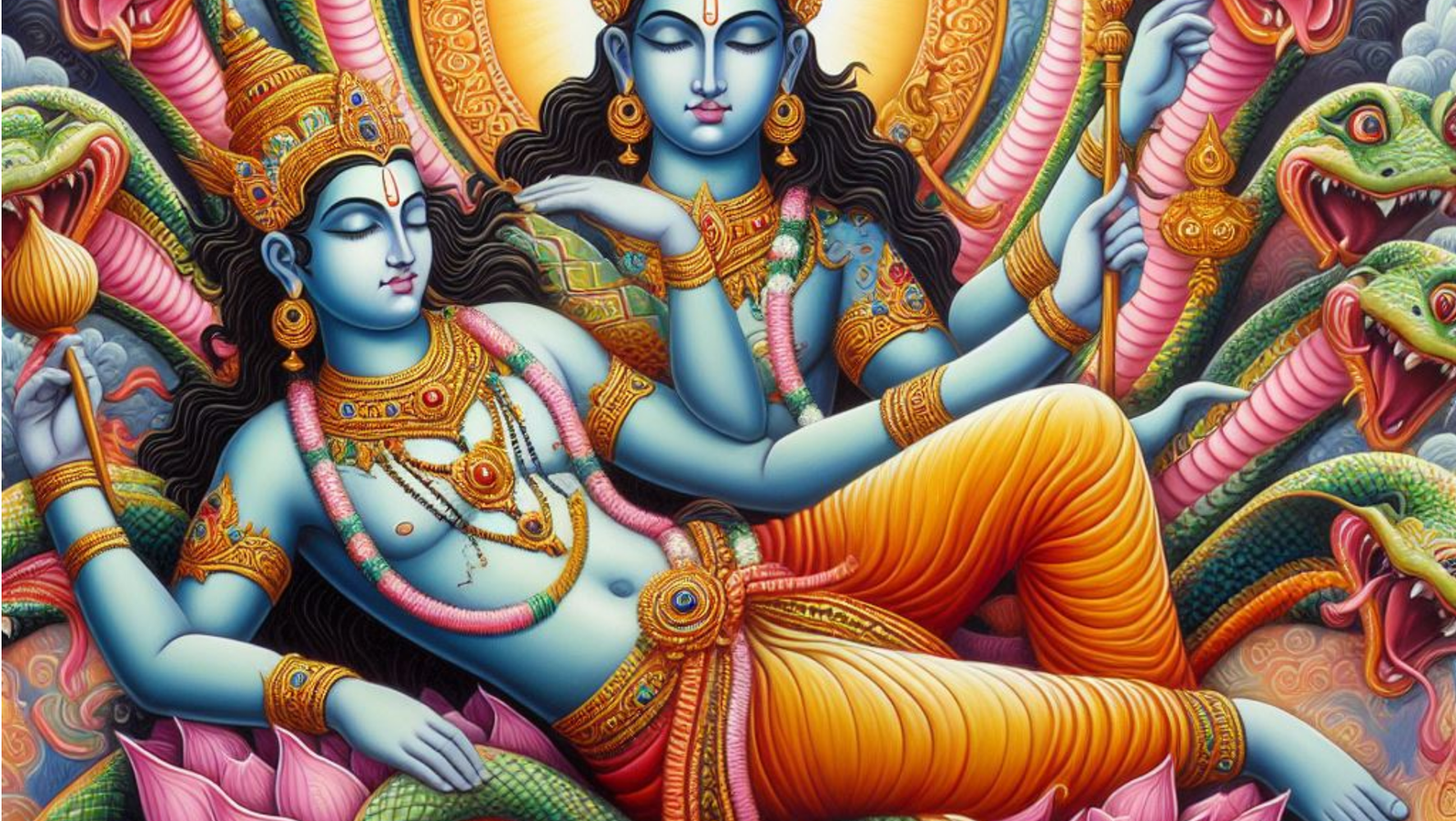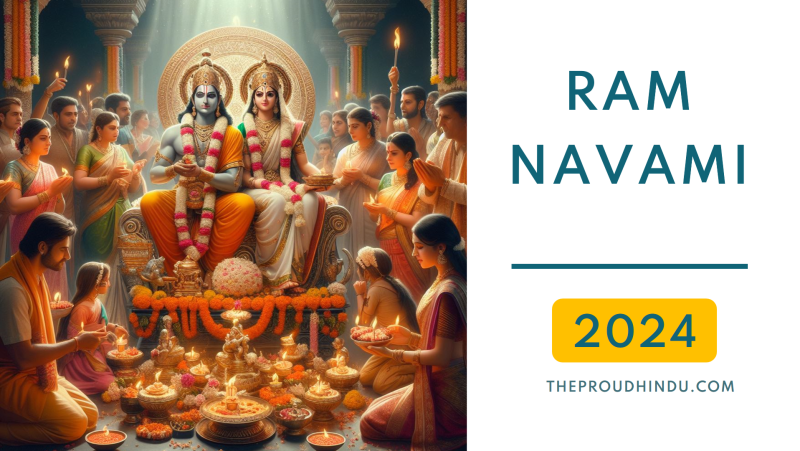
About Sri Ramanavami 2026 Festival Celebration
Ramanavami is an important Hindu festival which is celebrated to mark the birth of Lord Rama, who was the seventh incarnation of Lord Vishnu and was known for his righteousness and following his dharma (duty). The auspicious occasion is observed with great devotion and enthusiasm by the followers throughout India, particularly in Northern India, on the ninth day (Navami) in the month of Chaitra of the Hindu lunar calendar. Followers offer prayers, go to temples, sing bhajans (devotional songs) and recite passages from the epic tale of Lord Rama known as Ramayana in processions. The day is a celebration of the victory of good over evil, promoting the values of truth, courage, and righteousness of Lord Rama's life and teachings and ideals for the human life.
Ram Navami 2026 Date
Ram Navami in 2026 is on Thursday, the 26 March 2026
Ram Navami Meaning
Ram Navami is a Hindu festival which is celebrated each year to commemorate the birth of Lord Rama, a significant form of Lord Vishnu in Ramayana. The ninth day of Chaitra month marks the birth of Lord Rama who is highly known for his virtues, values and steadfastness to righteousness - dharma and is also an ardent follower of truth. It symbolizing the victory of good over evil, is celebrated with prayers, devotional singing, reading of the Ramayana, along with festivals and events that emphasize the message and value system of Lord Rama.
Ram Navami Story
Ram Navami falls on the ninth day of the first half of the Hindu month Chaitra and celebrates the birthday of Lord Rama, the seventh incarnation of the ten incarnations of Lord Vishnu, who was an ideal man and ideal king (Ram Rajya). His birth and life are recorded in the ancient Indian scriptures known as the Ramayana.
The tale of Ram Navami is mainly centered around the birth of Lord Rama. According to the Hindu epic, Ramayana, when Lord Rama was born, he was the prince of King Dasharatha and Queen Kaushalya in the kingdom of Ayodhya. Rama's birth is considered as a special one as he was the slayer of demon king Ravana, who was a threat to the world by his oppression and atrocity.
Lord Rama had numerous notable incidents in his life, but his birth is especially instilled with much significance, and this is when Ram Navami takes place to honor his birth. The origins state that Lord Rama was born on the ninth day (Navami) of the Chaitra month of the Hindu lunar calendar that falls in March or Aprilin the Gregorian calendar.
Ram Navami is celebrated with feasts and the birth of Rama. Worshippers observe dawn-to-dusk fasts and visit temples to offer prayers to the god for peace and prosperity of their families, and communities -- and to the world at large as they recite the story of Lord Rama.
The life of Lord Rama is an entire epitome of morality, righteousness, devotion, dutifulness, sacrifice and moral values and that his teachings help people to live their lives on a moral footing. Ram Navami is a time to recall these values and the power of goodness.
How Rama Navami Is Celebrated In India
Ramanavami, the day Lord Rama was born, is celebrated with vigor and devotion in various regions of the country. The celebrations might be different from one area to the other but there are a few things that are done to celebrate the day no matter which part of the nation that you are in. This is how Rama Navami is celebrated in India:
1. Temple Pujas: Temples dedicated to Lord Rama are visited by the devotees in private and pay respects to Lord Rama in the form of prayers. Special pujas (rituals) and aarti (devotional songs) are held through the day.
2. Fasting: Several people fast on this day to show reverence to Lord Rama. Some keep a complete fast for the day, while others observe a partial fast and eat fruits or drink milk and eat some other food.
3. Ramayana Recital: In several regions, people organise recitals of Ramayana in temples or inside their homes. Followers assemble to hear the couplets from the epic to learn about the life and teachings of Lord Rama.
4. Rallies and Processions: In some cities and towns, there are processions or rallies that display colorful tableaugroups in which artists depict scenes from the story of Rama. Such processions are also known for singing bhajans, and chanting the name of Rama.
5. In praise Bhajan and Kirtan: Devotional songs: Bhajan and kirtan are sung in praise of Lord Rama in temples and in congregations. All these songs are sung in praise of the virtues and deeds of Rama.
6. Prasad: Sweets, fruits and other edibles are made and distributed as 'prasad' (blessed food) at temples for devotees or people visiting the temples.
7. Charity and Volunteering: There are so many people who help others by providing them with food, clothing, and money for living. Others run community projects which promotes feeding the poor among other acts, some holding health camp.
8. Cultural Events: Cultural events such as stage shows or dramatic Play based on scenes of Ramayana is organized in some places to tell the life and teachings of Lord Rama.
Ramanavami observances can be eclectic or perform based on a region and community. The core of the festival is unchanged but the facts differ: it is to celebrate the birth of Lord Rama and his messages of righteousness, truth and compassion.
How To Do Ram Navami Puja
The puja ceremony on Ram Navami is carried out with great fervor and devotion to commemorate the birth of Lord Rama. Here is an outline of the Ram Navami Puja:
Items Required:
• Idol or image of Lord Rama (Either with Sita, Lakshman & Hanuman)
• Pictures or paintings of other deities if you want them
• Wooden logs or cow dung cakes – for home.
• Incense sticks, camphor, ghee/oil lamp, wicks
• Flowers (especially marigolds)
• Fruits, mithais and other prasad items
• Sandalwood paste or powder
• Turmeric powder
• Kumkum(akkumkumeratebad), vermilion in powder form
• Betel leaves and nuts
• Coconut
• Holy water (if available, it may be taken from the Ganges or from any other holy river)
Steps for Puja:
1. Purification: Purify yourself and the environment. Bath and clean the puja place.
2. Preparing the Altar: Spread out a clean cloth on the puja altar and arrange photographs or idols of Lord Rama and other deities on the cloth. Arrange all the puja items.
3. Avahana (Invocation): Invite the god Lord Rama to be present by chanting his name or concentrate on the image of the god. The Rama Mantra can be: “Om Sri Ram Jai Ram Jai Jai Ram.”
4. Offerings (Upachara):
• Ignite the incense sticks, lamp (with ghee/oil) and suppliant them before the deity.
• Place flowers, fruit and sweets before the deity while you sing the prayers and songs.
• Put sandalwood paste, turmeric and kumkum to the idol.
5. Aarti: (After performing deva pulase shantha) Light a lamp with oil or ghee, sing devotional song (or) chant the rama nama in praise of the lord rama Take it in your hands and circumbulate the sitting diety (if no idol is there do before thy altar or god's photograph) Clock wise thrice and wave the lighted lamp clockwise in front of the lord)(or diety).
6. Chanting of Mantras and Bhajans: Chant mantras and Rama’s name, recite verses from the Ramayana or sing bhajans and kirtans in the glory of Lord Rama.
7. Pray and Meditate: Send your prayers and bhajans to Lord Rama. Reflect on the virtues and lessons of the Lord Rama.
8. Distribute Prasad: After the puja is finished, distribute the prasad to family and others.
9. Charity: You may also like to do charity and make donations as a part of your spiritual practice on this highly auspicious day.
It’s absolutely essential that the puja is done with a pure heart and honest devotion. Although these are general facts, the actual rituals / customs can vary from family to family and region to region. "I would say don't be afraid to ask a priest or someone who is experienced.
What Are Some Of Well Known Temples to Visit During Rama Navami
On Ramanavami, devotees visit temples and offer prayers to Lord Rama at temples special puja is organized, along with readings and recitals of the Ramayana. Among the most visited temples where Ram Navami is celebrated with lot of fervour are:
1. Sri Rama Janaki Mandir (Janakpur, Nepal): It’s a temple in Nepal built in the honour of Lord Rama and Sita. Its one of the place, where its belived that Mata Sita was born and her marriage with lord rama also performed here. The birth of lord Rama is celebrated here with grand processions and special prayers on the occasion of Ram Navami.
2. Sri Rama Temple (Ayodhya, Uttar Pradesh): Ayodhya, where Lord Rama was born, is home to the Sri Rama Temple which draws a tremendous crowd on Ram Navami. This place has elaborate celebration which includes rituals and bhajans, sangeeth and procession.
3. Bhadrachalam Sri Rama Temple (Telangana): Lord Rama is worshipped at this temple, which is located on the banks of the Godavari River, and the festival of Ram Navami is celebrated with great pomp and show. Various special pujas, processions and cultural programs are also held.
4. Ramanathaswamy Temple (Rameswaram, Tami Nadu): This temple where Lord Rama stopped on his way to fight the war against Ravana attracts hordes of devotees on Ram Navami. Gifts and prayers are offered here.
5. Kodandarama Temple (Karnataka): The temple lying in the ruins of Hampi, a UNESCO World Heritage site in Karnataka, is a shrine of Lord Rama and is well known for its Ram Navami celebrations. All the bhaktas come here for pray and celeberation.
6. Sita Ramachandraswamy Temple (Bhadrachalam, Telangana): This prominent Hindu temple is dedicated to Lord Rama, and is one of the many temples celebrating Ram Navami in Bhadrachalam. Special pujas and processions are held to celebrate the occasion.
7. ISKCON Temples: Like in India, International Society for Krishna Consciousness (ISKCON) temples around the world also participate in the fervor. Temples in cities run special programmes, bhajans, discourse, and feasts to celeberate this day.
It is during Ramanavami that the crowds pour in to these temples as, from across the country and across the globe, devotees throng to visit them and seek the blessings of Lord Rama to be a part of the celebrations that find transportation in a variety of ways on this most-auspicious day.
Ram Navami Date
| Year | Date | Day |
|---|---|---|
| Ram Navami 2023 Date | 30 March 2023 | Thursday |
| Ram Navami 2024 Date | 17 April 2024 | Wednesday |
| Ram Navami 2025 Date | 06 April 2025 | Sunday |
| Ram Navami 2026 Date | 26 March 2026 | Thursday |
| Ram Navami 2027 Date | 15 April 2027 | Thursday |
You may also like …
Are You The Proud Hindu?
The Trimurti
Create an account to join us and start taking part in conversations.
SIGNIN